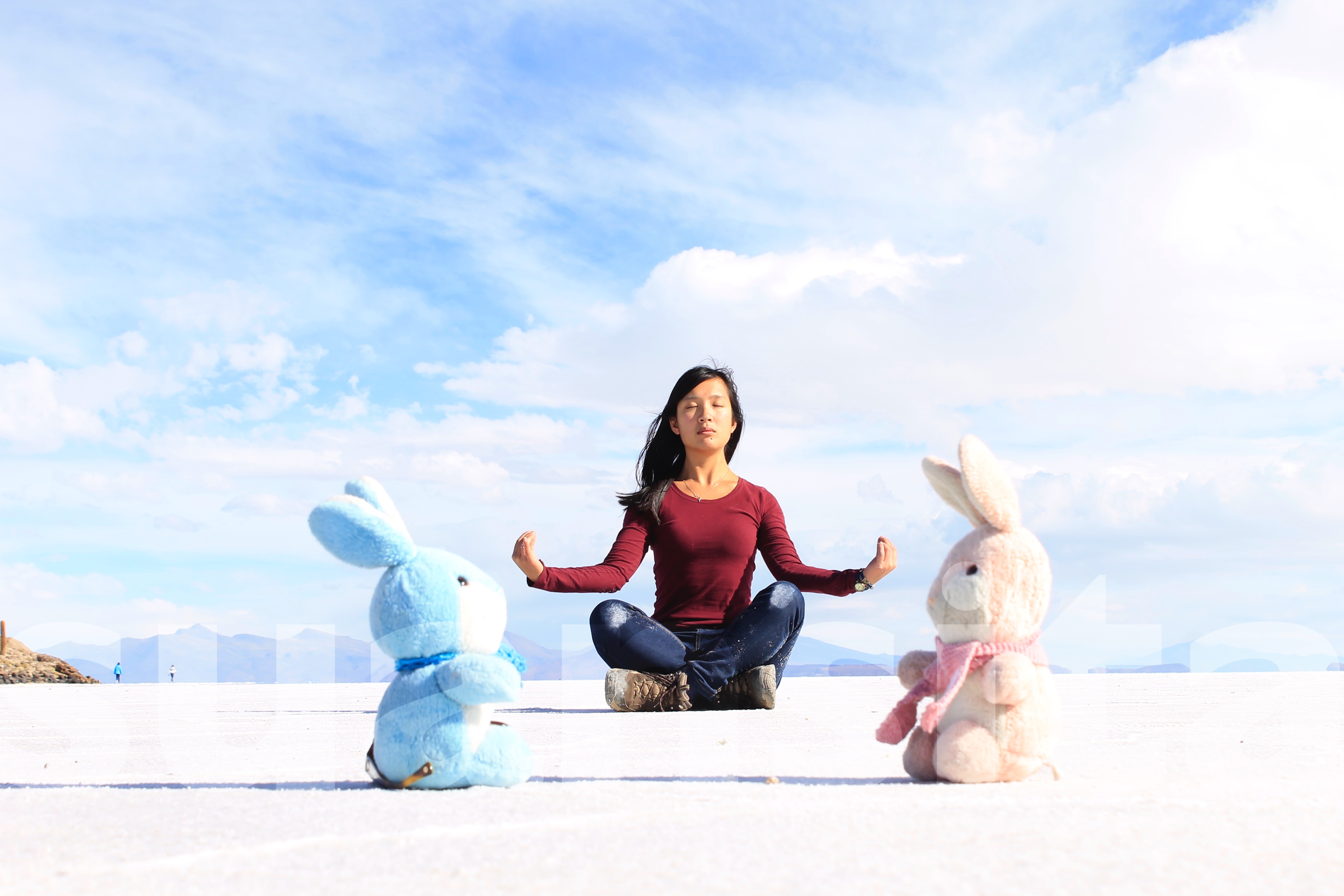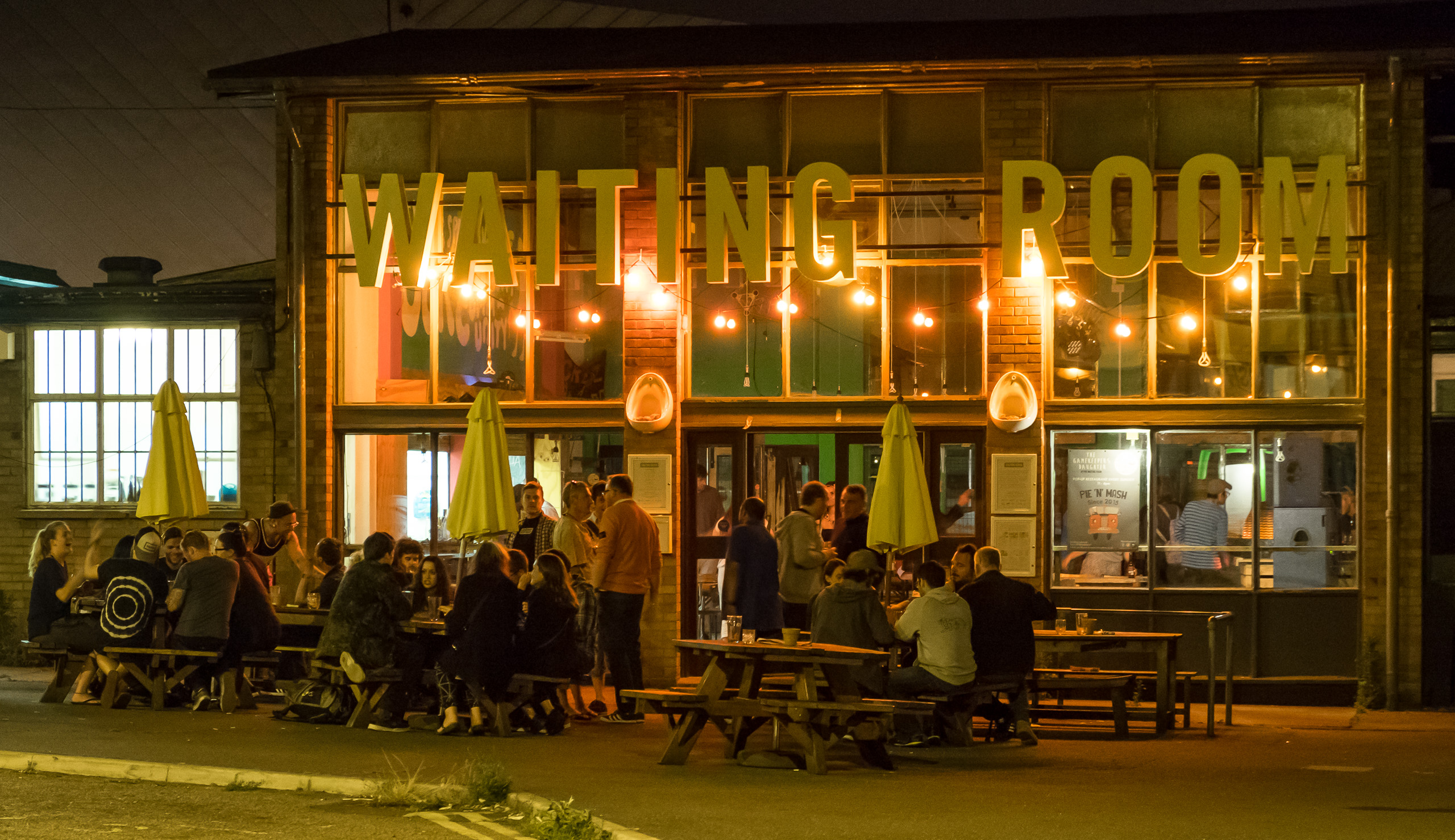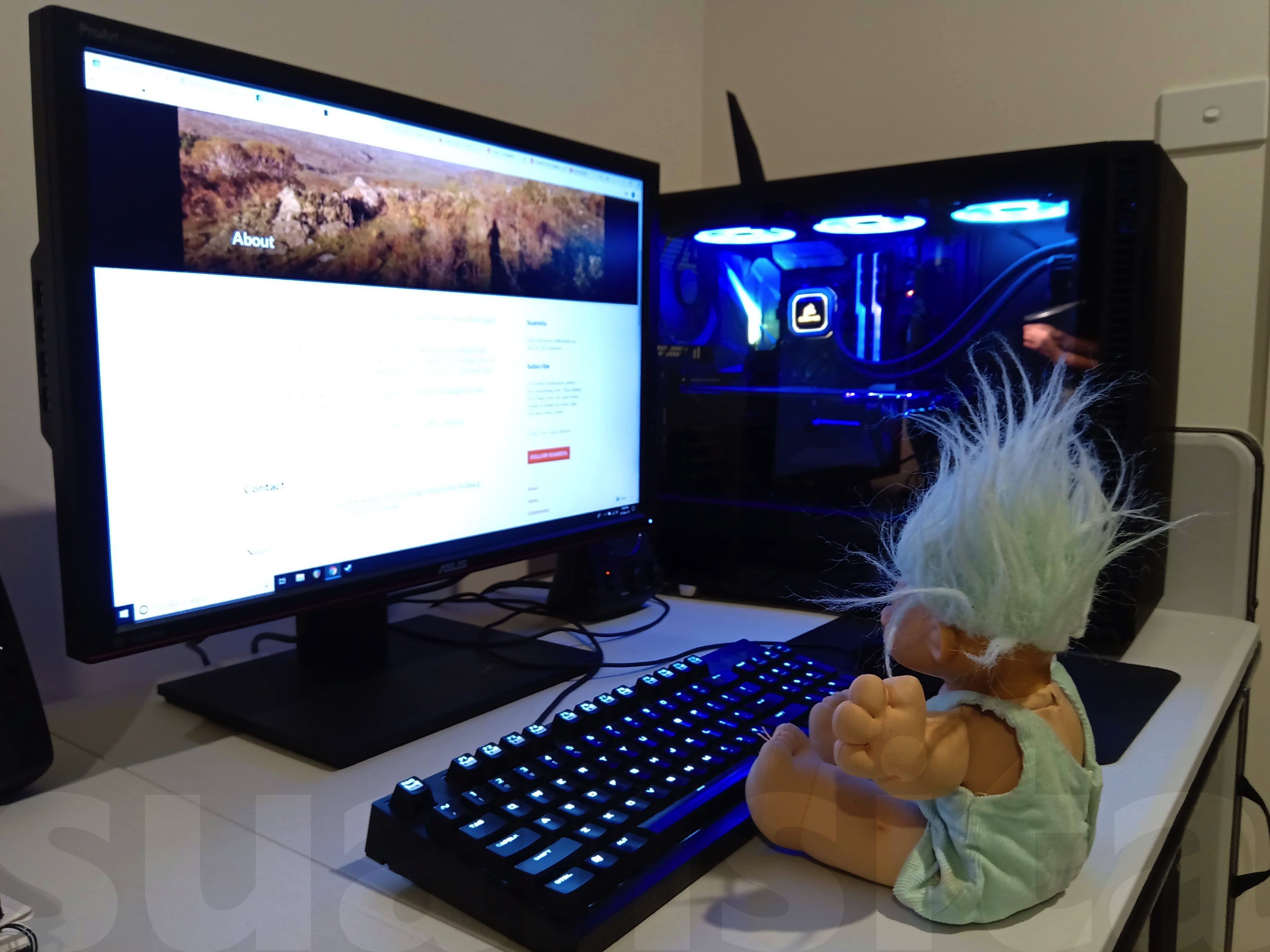Unemployment was a humbling but strengthening experience. It was definitely character-building.
With hindsight, I can see that it was a kind of sabbath, one my spirit needed.
But at the time, after a certain point, it was a challenge to embrace and enjoy the time off, resist the need to be somehow ‘productive’ – forgetting, of course, that rest is productive in its own way.

By the time I read Ken Costa’s blog post, ‘The Waiting Room’, I was yet again an employed member of society. Reading his list gave me a new perspective on my recent unemployment. It’s a list I wish I’d had earlier, so that I’d know that these were the likely symptoms or side effects of waiting, rather than of unemployment specifically.
Because that’s what it was. Waiting. Not passively, but it was a form of waiting and hoping, trying not to be impatient, knowing my situation was temporary.

I painted a rosy picture of unemployment in an earlier post. But when funemployment started dragging on longer than I had envisaged, suddenly it wasn’t so fun anymore.
I started seeing Costa’s Ws coming out of the woodwork around me. The temptation to:
worry;
waste;
waver
feel weary;
look for a way out;
fall into wishful thinking;
water down my calling.
I’m glad to say none of them defeated me or inflicted too much damage. But it’s not that they didn’t try.
So if this is you – whether you’re currently unemployed or in another type of waiting room – do take a look at this post: https://www.godatwork.org.uk/work-life/waiting-room.

Waiting is an unavoidable part of life and maybe we shouldn’t try so hard to avoid it. We need to learn when to accelerate things and when to simply let them take their course, proceeding at their own pace.
Rather than grumbling through our waiting time, we should make the most of it. We should wait in hope, in expectation, in confidence.



4 comments
The period of unemployment can be seen constructively as a period of waiting if you know there is an end in sight. What happens when weeks turn into months and months into years? And your pile of job applications has grown from tens to hundreds to thousands? And you have been to every Skillshare course on resume writing, on English language, on skills such as window cleaning etc etc etc and you have dozens of certificates of participation which you dutifully trot out if you are lucky enough to be shortlisted for an interview and still no job. And to get your unemployment benefit you need evidence of having actively looked for work by getting stamps from workplaces to say you that you have approached them. In the meanwhile, you have to face a simple question like “so, what do you do.” from people you meet at social gatherings. It is not difficult to say “I am looking for work at the moment” for the first few months but it gets harder as the period of unemployment lengthens. You also get unspoken criticism from employed people after a while. You are fussy, you are picky, you have a personality problem. Unemployment is a really dark place, very soul destroying, not just for the person but for the people around them. For some, the waiting is over only when they die.
I think you make some very valid points, although I’m surprised by your dark outlook … I am conscious that I am writing from an extremely privileged position, and both this post and my earlier post on my experience of unemployment clearly come from this perspective. I am extremely – painfully – conscious that long-term unemployment is a reality for a segment of our society and that I have had the luxury of choosing to do work that is meaningful to me, even when that means not working for a time until the right opportunity becomes available to me. It’s a luxury that most people in the world don’t enjoy.
The frustrations I faced can’t compare to those who are struggling with unemployment on that level. That said, the many times that I encountered that question of, “So, what do you do?” and didn’t have anything interesting to say, the unspoken criticism I did feel, the moments I doubted myself and the choices I had made, realising how work contributes to our identity and self-worth – all of this was a glimpse at how hard unemployment really is, how the hardest thing is not actually the lack of an income. And that, for me, was humbling.
So really, this post is about unemployment on a personal level, as an experience of waiting and reflecting – not on a political level, as a failure of the state (or society) to provide equal opportunities for its citizens. Because I agree that at that stage, waiting is not constructive at all. We as a society need to do something about that in terms of creating more options, making work more accessible. I’m optimistic, though, and do think things like flexible work, AA/EEO policy, and technology are generating more opportunities for those who are otherwise excluded from the workforce.
… And my reply has stretched on far longer than I’d planned!
Thanks for caring about these marginalised people – not everyone has such a compassionate view of them and their situation.
We view things through the lense of our experiences. My early experience of settlement in a new country with qualifications and work experience that were not valued here put me on the back foot. Then a lot of my early work was with migrants ranging from newly arrived ones to long term unemployed. You probably see a lot of pain and suffering in the work you do too. Mine revolved around helping migrants to get employment or further education through upgrading their language skills. It was always an uphill battle.